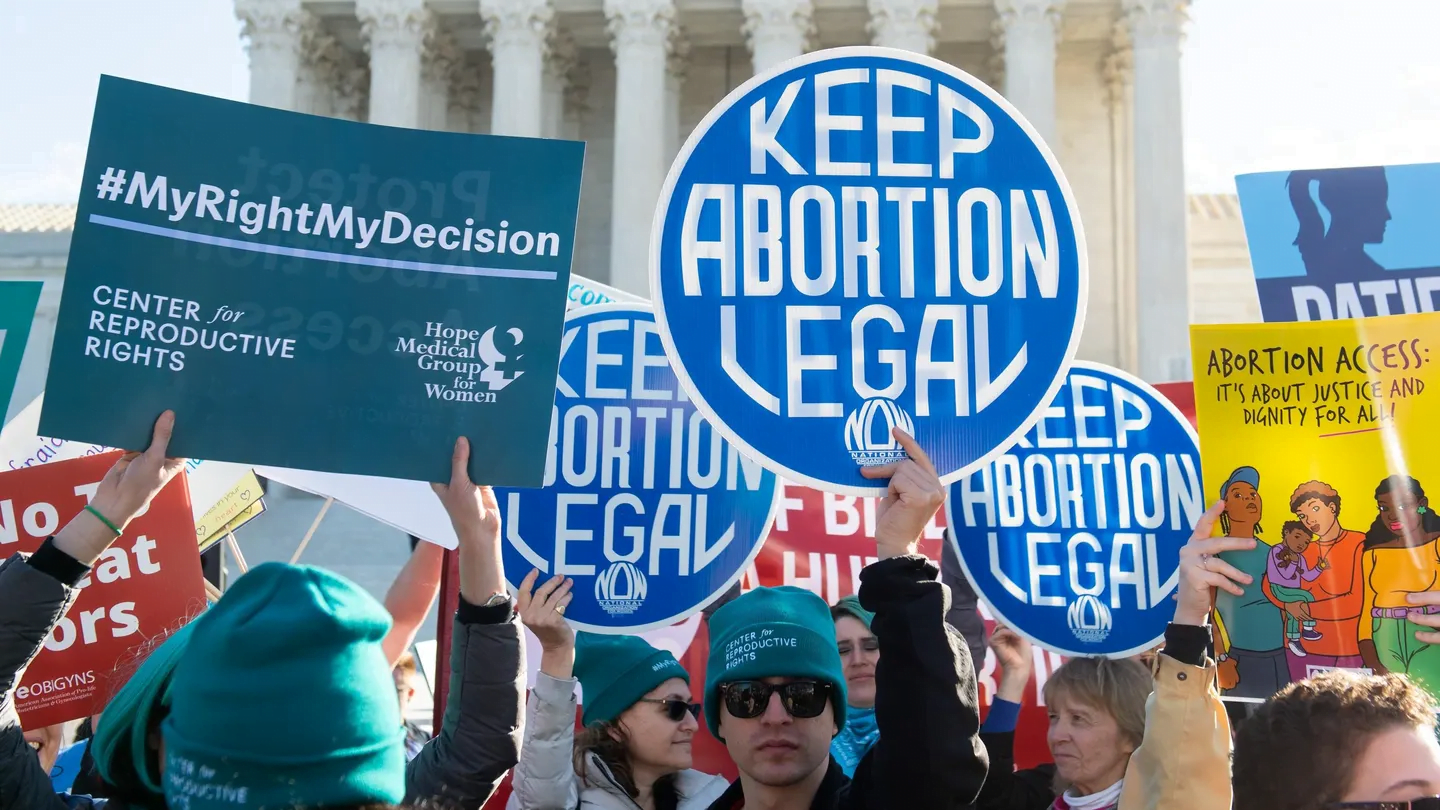“This could be a sign of things to come in other states,” public health expert Alison Gemmill of Johns Hopkins said. “Texas is nearly a year ahead of us.”
In Short
- Study findings: Texas saw a 13% increase in infant mortality after sb8.
- Law details: Sb8 bans abortions as early as five weeks after a fetal heartbeat is detected.
- Comparison: Infant mortality in texas rose while it decreased in other states.
- Expert opinions: Experts suggest a causal link between the law and increased infant deaths.
- Future implications: Potential similar outcomes in other states.
TFD – A recent study reveals a significant rise in infant mortality in Texas following the implementation of Senate Bill 8, which restricts abortions as early as five weeks into pregnancy. Experts warn that this trend could foreshadow similar outcomes in other states with strict abortion laws.

According to a report that was published in JAMA Pediatrics on Monday, there has been a significant rise in infant and newborn fatalities since a Texas law that outlawed abortions in the first trimester of pregnancy.
In September 2021, lawmakers approved Texas Senate Bill 8, or SB8. Abortions are prohibited by state law as early as five weeks after the detection of a fetal heartbeat. The state, which had previously permitted abortions up until 22 weeks of pregnancy, effectively outlawed them as a result.
Congenital abnormalities, which include conditions that will result in a newborn’s death shortly after delivery, were not exempt from the rule.
The new study examined Texas’s newborn mortality rates from 2018 to 2022 in comparison to 28 other states. The year after SB8 was passed, Texas saw an increase in infant fatalities of over 13%, from 1,985 in 2021 to 2,240 in 2022. Nationwide infant mortality increased by almost 2% throughout the time. Babies born with congenital anomalies also increased in Texas, by nearly 23%, but decreased by about 3% nationwide.
The study’s lead author, Alison Gemmill, an assistant professor of population, family, and reproductive health at the Johns Hopkins Bloomberg School of Public Health, stated, “This is pointing to a causal effect of the policy; we didn’t see this increase in infant deaths in other states.
Certain congenital deformities, such as cleft palates and certain heart defects, can be treated postnatally, but other defects are considered “incompatible with life.”
A senior policy analyst for maternal health at the National Partnership for Women & Families, Nan Strauss, stated, “The specific increase in deaths attributable to congenital anomalies really makes an ironclad link between the change in the law and the terrible outcomes that they’re seeing for infants and families.” Nan Strauss was not involved in the research. “The knowledge that their unborn child will probably die in the first few weeks of life causes the women and their families to endure an agonizing later stage of pregnancy.”
According to the most recent data from the Guttmacher Institute, an organization that studies and promotes sexual and reproductive rights, Texas passed SB8 approximately a year before the Dobbs decision overturned federal abortion protections, resulting in total bans on abortion in 14 states. Gemmill said that this new understanding is crucial for other states.
Gemmill speculated that “this might foreshadow what is happening in other states.” “Texas is nearly a year ahead of us.”
According to a Centers for Disease Control and Prevention report, the United States experienced a rise in infant and neonatal death rates in 2022, marking the first such period since 2001.
This confirms what was likely anticipated even before the Dobbs ruling: that prohibiting abortions in the first trimester of pregnancy would have unintended downstream effects. Dr. Mary Rosser, the director of Integrated Women’s Health at Columbia University Irving Medical Center and an uninvolved party in the study, said.
Rosser went on to say that more research is required to fully understand the impact of such prohibitions, which disproportionately harm low-income families and people of color, among other marginalized populations.
The new study’s researchers also emphasized the trauma and financial burden that a newborn or infant’s death may place on a family.
Dr. Erika Werner, chair of obstetrics and gynecology at Tufts Medical Center, who was not involved in the study, stated, “Behind these numbers are people.” “In each of these cases, the expectant mother had to carry the pregnancy for a further twenty weeks even though she knew it was unlikely to end in a live birth.”
Conclusion
The implementation of Texas Senate Bill 8 has led to a noticeable rise in infant mortality, highlighting the unintended consequences of strict abortion laws. This study serves as a crucial warning for other states considering similar legislation. As debates on abortion laws continue, understanding their full impact on public health is essential to inform policy decisions and protect vulnerable populations.
Connect with us for the Latest, Current, and Breaking News news updates and videos from thefoxdaily.com. The most recent news in the United States, around the world , in business, opinion, technology, politics, and sports, follow Thefoxdaily on X, Facebook, and Instagram .